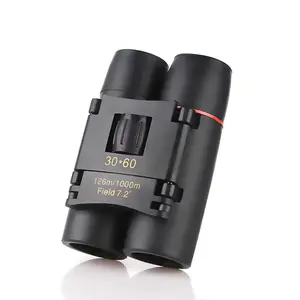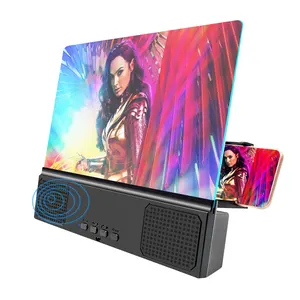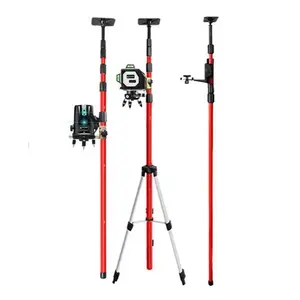Popular in your industry
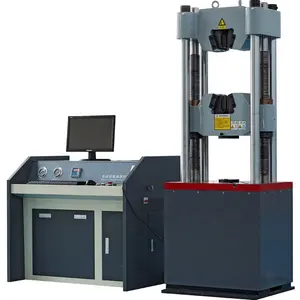






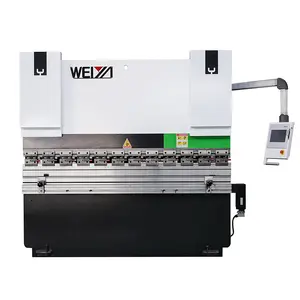









About 180 degree bending test machine
Introduction to 180 Degree Bending Test Machines
The 180 degree bending test machine is a specialized device designed to evaluate the flexibility and bending resistance of materials. This equipment is crucial for industries that require precise material strength assessments, such as manufacturing, construction, and research and development. By simulating bending forces, these machines provide essential data on material behavior under stress.
Types and Applications
Various models of bending test equipment cater to different material types and industry standards. These machines are not one-size-fits-all; they range from manual to fully automated systems, each serving specific testing protocols. Their applications span across testing metal components, plastic polymers, and even composite materials, ensuring they meet the required safety and quality standards.
Features and Materials
A bending tester is typically constructed from robust materials capable of withstanding high-stress testing scenarios. The core components include a sturdy base, precise angle measurement systems, and durable bending fixtures. Advanced models may also feature digital interfaces for monitoring and recording test results, enhancing the accuracy and repeatability of the tests.
Advantages of Using a Bending Test Machine
Employing a flexural test machine in material testing procedures offers numerous advantages. It ensures the reliability of materials before they are used in critical applications, thus preventing potential failures. Moreover, the data obtained from these tests can inform the design process, leading to the development of more resilient materials and products.
Selection Considerations
When selecting a material bending test machine, it is essential to consider the specific testing requirements of your materials and industry. Factors such as load capacity, bending angle precision, and data analysis features should align with the intended testing protocols. It is also important to choose a machine that is compatible with the standards of your particular sector.
Complementary Testing Equipment
In addition to the 180 degree bending test machine, complementary testing equipment may be required for a comprehensive assessment of material properties. Devices such as tensile testers, compression testers, and impact resistance testers can provide a full spectrum analysis, ensuring a thorough understanding of material performance under various conditions.

